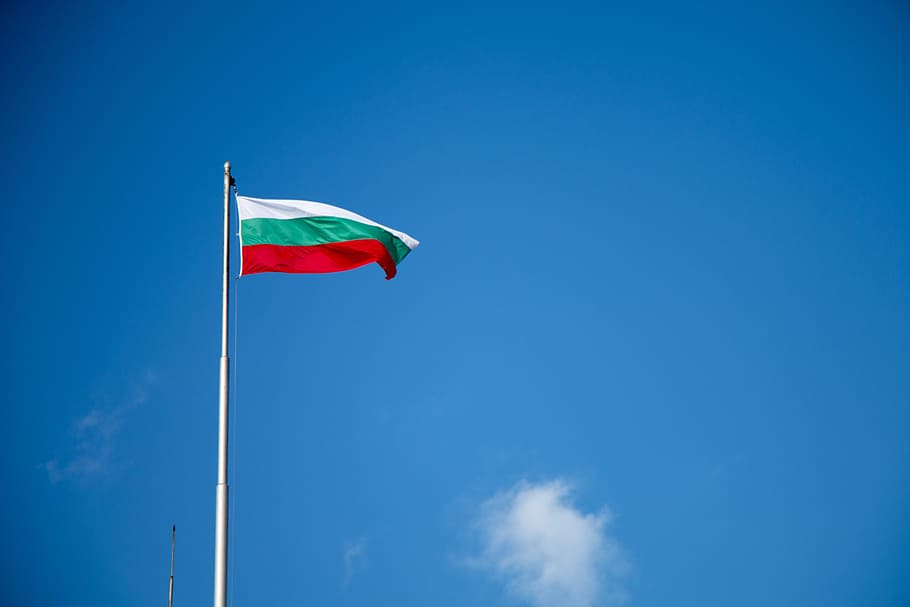According to bourgas.ru, today Bulgaria owes more than 40 billion leva, and recently the debt has increased by 2.9 billion leva. Interest expenses exceed 600 million leva, each new issue will be more and more expensive. Reported by the Ministry of Finance of Bulgaria.
Bulgaria’s debt at the end of January is 2.9 billion leva more than in December 2022, and already stands at just over 40 billion leva.
The increase was due to an external issue in January, during which 10-year government bonds were placed in the amount of 1.5 billion euros with a yield of just under 4.8%. Part of the net increase in debt covers the cash deficit, and the rest is in the budget reserve.
The payment calendar for this and next year is very tight and it is likely that a new plan will be drawn up to cover the payments. This year, external debt in the amount of 1.14 billion leva is to be repaid in March, and domestic debt in the amount of 350 million leva in July. In 2024, bonds in the amount of 380 million leva and Eurobonds in the amount of 1.5 billion euros expire.
Last year, principal amounts of BGN 3.2 billion were repaid, new Eurobonds worth BGN 4.3 billion and domestic market securities worth BGN 2.4 billion were issued. Interest payments amount to just over 600 million leva.
The Market Economy Institute warns that a budget deficit of BGN 10 billion or more each year will create a huge funding need that can only be remedied with a conservative public spending regime.
The Treasury also warns that if the emerging trends in income and spending continue, there could be a risk of an excessive deficit of more than 3% of estimated GDP. This may prevent Bulgaria from introducing the euro. When adopting the budget for 2023, measures to increase revenues and maintain the sustainability of public finances should be discussed.
According to the economists of the institute, the end of the period of zero interest rates, which created a deceptive ease of obtaining debt with a slight increase in interest rates, should be obvious. At least, this will not happen in the next few years – it is evident even from the fact that we already call the 5% rate “success”.
The debt-to-GDP ratio, which is also monitored as a criterion for our admission to the Eurozone, shows that, despite the increase, we are still among the countries with a low relative debt of 23% of GDP. The share of domestic debt is 6.4%, while the share of external debt is 16.6%.
Most of our debt is occupied by bonds issued on international capital markets – with a share of 56.3%. They are followed by government securities for the domestic market and government loans – 16.9%, according to the Ministry of Finance. More than 98% of our debt has a fixed interest rate, and almost 100% of it is denominated in leva and euro.
Source : Bourgas.ru


